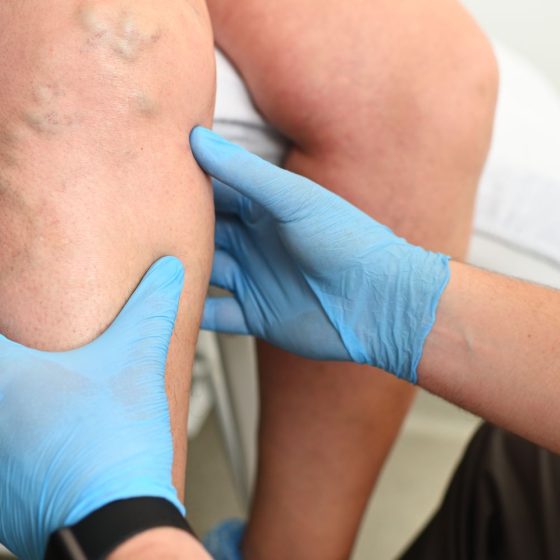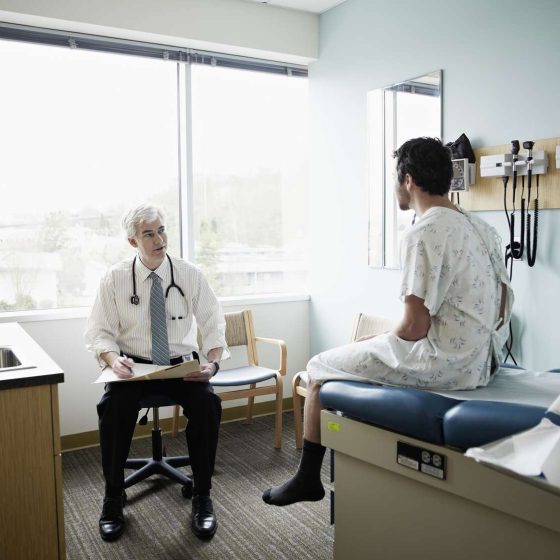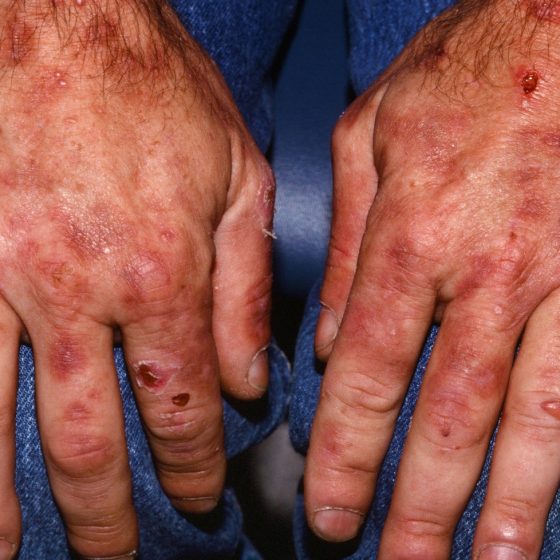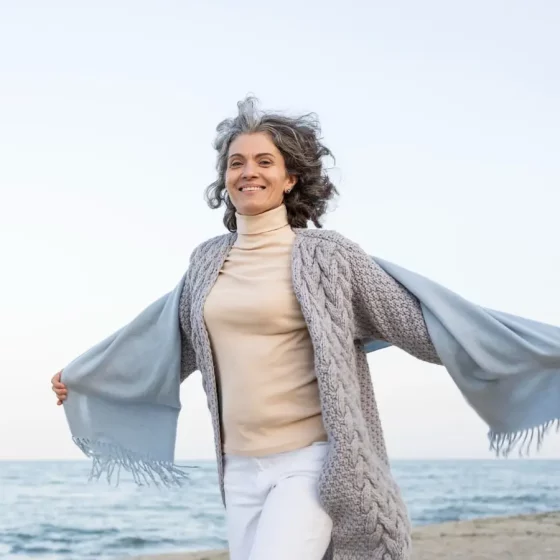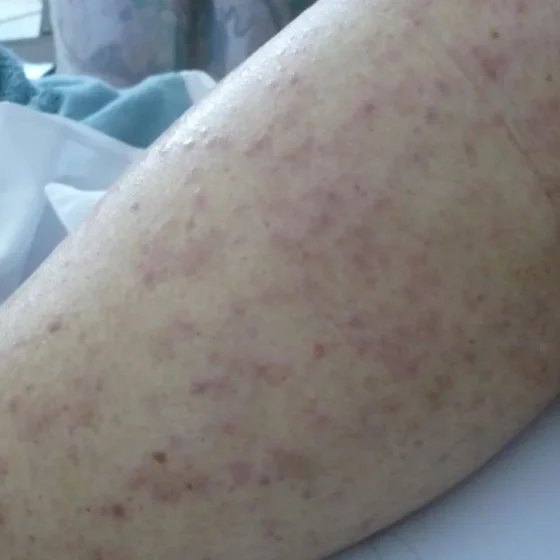Von Willebrand disease
What is von Willebrand disease? Von Willebrand disease is a bleeding disorder passed down in the genes you inherit from one’s parents. It is similar to haemophilia, but more common and usually less severe. If you have von Willebrand disease, you don’t have enough of a clotting factor called von Willebrand factor, or the factor doesn’t work properly. The result is that it takes longer than normal for your blood to clot and for bleeding to stop. Von Willebrand disease is also called von Willebrand disorder, or VWD. Types of von Willebrand disease There are 3 types of VWD: Type 1


